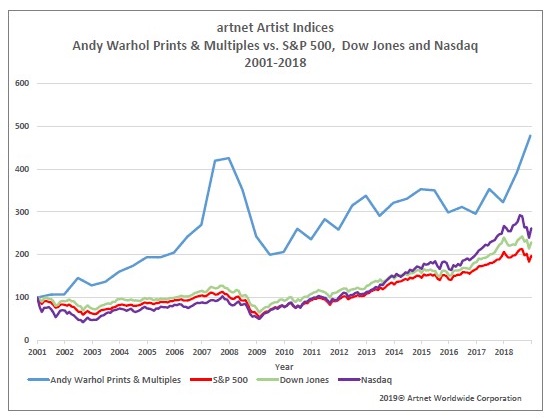Agreed. One cool thing that distinguishes it from an art fair sale is the artist getting a cut of future sales of the same piece. I can be a bit over-optimistic and hyperbolic at times, but I feel that NFTs might unlock more value than "decentralized finance" does by removing middlemen. We do shit in order to surround ourselves with and to consume creative efforts. The market for it has just been abyssmal for all recorded history.Right now it appears to be one massive meme auction.
The core value of NFTs is their inherent community. They inextricably tie the owner of a piece to the creator of that piece, and to the owners of all other pieces and they do so at any scale. I own a Magritte. Well, I own an official, numbered Galerie Iolas print of a Magritte. This Magritte. I bought that Magritte for $200 off eBay in like 2002. No one could ever tell me what it was even called. Turns out that's because it's at the TMoCA and has been down the nowhere hole since 1979. I found a picture of it once in 2008, which is how I knew it was in Tehran. Apparently it was actually exhibited once in 2016. Now - what is my Magritte worth? Who can set that value? Who would choose to pay it? These are the efficiencies around the art market you mentioned. I would argue however that the auction houses and the appraisers are the ones who benefit from that efficiency. After all, the houses and appraisers basically conjured a Da Vinci out of the aether with Salvator Mundi. But they'll never able to conjure that "value" out of an NFT. I kind of think that physical art will remain more valuable than NFTs for the simple sake of puffery. The inability to audit is a feature not a bug. The Warhol Foundation Authentication Board shuttered in 2011.
